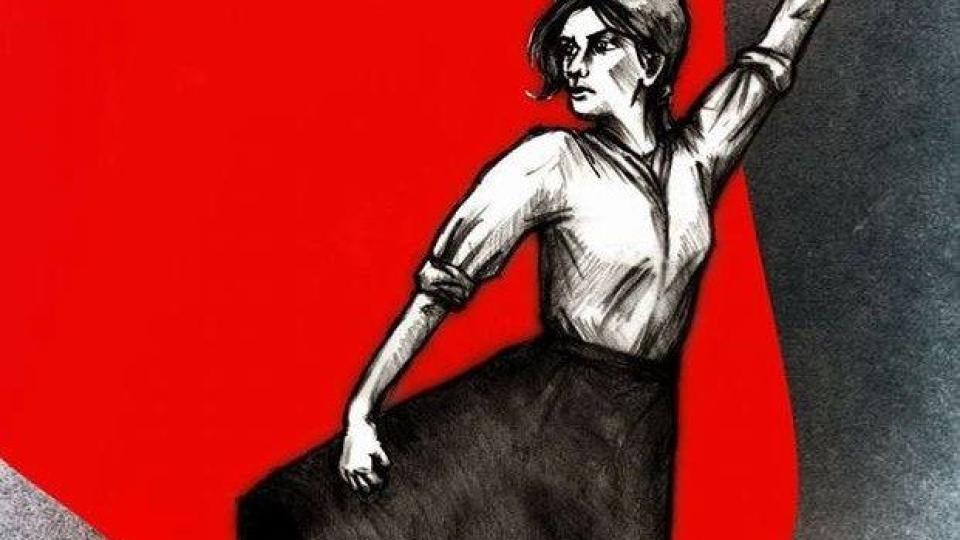Celebrating the legacy of Russian Revolution

Opinion | Celebrating legacy of Russian Revolution
By Steven O'Brien
Published in the Newcastle Herald
November 7, 2017.
One hundred years ago this month, workers, peasants and soldiers in Russia overthrew the corrupt government that had led the country into a disastrous war and established the Soviet Socialist Republic.
It seemed that, for once, the people had won. Socialism had gone from theoretical possibility to practical reality.
The Russian Revolution of November 7, 1917, unleashed a massive social experiment. Women, for example, won the right to vote, equal pay, to own property, exercise reproductive choice, maternity leave, divorce and civil marriage. As well as these attempts to achieve political and legal equality, the government sought to address the overburdening of women by encouraging communal kitchens and child care.
Sexual activity based on consent was considered a private matter and homosexuality was decriminalised. An ambitious literacy campaign was launched and poetry and theatre flourished. New artistic movements such as constructivism, one of the forerunners of abstract art, emerged.
The dynamism of the revolutionary experiment inspired left-wing activists around the world to seek to emulate the ideals of the Russian workers’ and farmers’ state.
One of the first branches of the newly formed Communist Party was established in Newcastle in 1920. Driven by strong commitment to workers’ rights and social justice, Communists developed a following among Hunter workers by holding meetings and distributing newspapers. Communists were elected as union officials and to local government. The traditions and outlooks that these activists established continue to play a role in Newcastle’s cultural, political and trade union affairs.
Unfortunately, the socialist ideals that inspired the Russian Revolution were not allowed to bloom. Civil war and foreign invasion weakened the revolution and opportunists grouped around Joseph Stalin to usurp power and eventually overturn its early radicalism and democracy. Apparent ambivalence for human rights tarnished socialism’s image in the West and demonstrated that it was falling well short of its early promise.
In the contemporary context, however, it is capitalism, more than socialism, that is falling short. Voters are feeling disenfranchised by a political system which sees the 1 per cent get richer, as rents, house prices, student debts and utility prices soar.
The powerful minority that dominates capitalism says it is not the system which is to blame for low wages and longer working hours, but rather refugees, single mothers, climate activists, trade unionists and the unemployed. Their neo-liberal answer to social and economic problems is to offer more of the same: more privatisation, tollways, coal mines and budgetary restraint.
Internationally, interest in socialism is resurging. The socialist message of political leaders such as Bernie Sanders and Jeremy Corbyn, which champions human rights and political and economic democracy, resonates. Full employment, free health care, accessible education, inexpensive housing and a welcoming attitude to refugees should be the norm in civilised societies. The idea that people around the world can unite to achieve these and tackle poverty, injustice and climate change are an enduring legacy of the events of November 7, 1917.
Steve O’Brien is a Socialist Alliance activist and unionist.